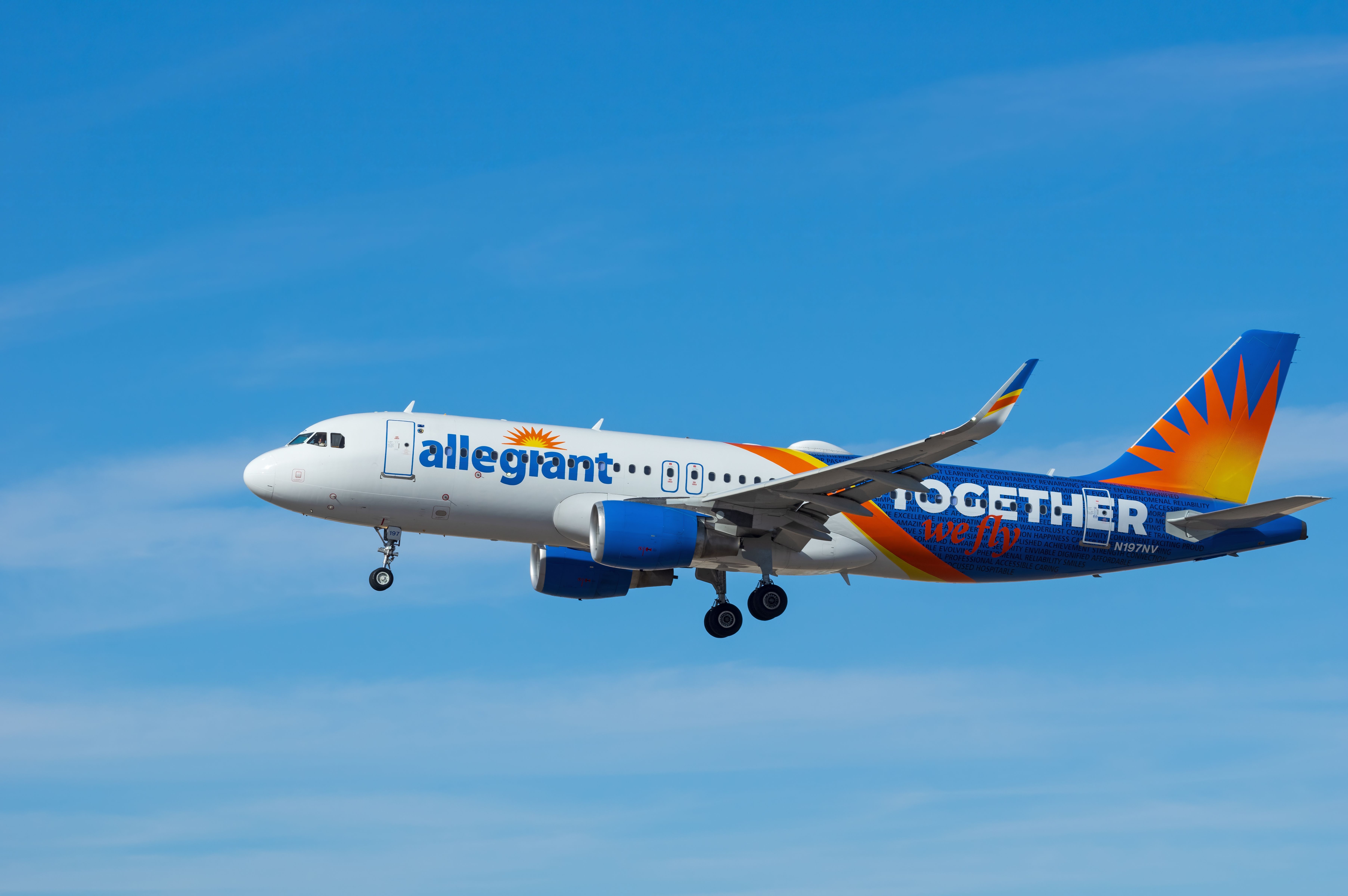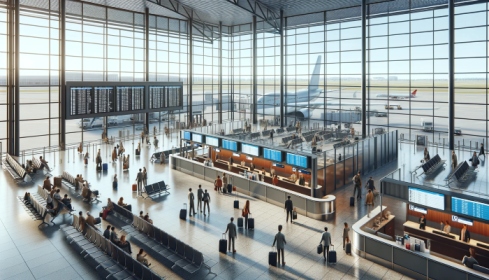Summary A mother and son were removed from their flight because the son was severely allergic to nuts. As per the complaint filed with the DoT, a crew member wanted to get them off the plane so they could sell nuts, as the crew receives a commission on snack sales. Various airlines have taken different actions to help facilitate safe travel for allergic passengers.
A mother and son who were meant to fly with Allegiant Air earlier this summer were reportedly removed from the flight because the son was severely allergic to nuts and, as per the complaint filed, a crew member onboard did not want to miss out on the commission they earn on selling nuts in flight. This resulted in the pair having to make a long drive to an alternative airport to get a flight to their destination the next day. They were wrongfully offloaded A complaint has been filed with the United States Department of Transportation (DoT) regarding an incident that occurred in July onboard an Allegiant Air aircraft.

According to Business Insider , the complaint was filed by a passenger after she and her son were "wrongfully removed" from the aircraft earlier this year in July. As per the complaint filed, the passenger's son is allergic to nuts, severe enough to experience anaphylactic shock, which can be fatal, and on informing the crew upon boarding the aircraft, one crew member was reportedly "enraged". The complaint states that the airline pays its crew members a commission for selling snacks in flight, which includes nuts, and it was further reported that the crew member in question was heard saying, I'm going to get them off this flight.
According to the complaint, the passengers were told by a gate agent that they were offloaded because they were unruly. When the passengers asked how they were being unruly, the gate agent responded that food allergies onboard an aircraft can cause an emergency landing. However, in a recorded conversation, the gate agents state that the crew "invented" the claim of the passengers being unruly.
Asking the airline crew to be trained The report states that the passengers were due to fly from Chattanooga, Tennessee, to Tampa Bay, Florida. However, because of this unfortunate incident, they were forced to drive all the way to Atlanta to get another flight the next day. In the complaint filed, the passenger has asked the DoT to mandate training for the airline's crew members about allergies and that Allegiant Air pay a fine.
The report states that the airline did issue a refund for this incident, but it was as flight credits, and the passenger has asked that the airline pay for the damages caused as well. It is worth noting that the US DoT does state that it is within an airline's rights to remove passengers from a flight if there are health risks identified. Considering that a complaint has already been filed with the DoT, it will be interesting to see how this incident is handled.
Most airlines are able to provide a bubble around passengers with allergies and offer nut-free snacks. Some allow preboarding, while some banned nuts While this is not the first time airlines have removed passengers from flights due to nut allergies , there are other carriers around the world taking various actions to at least help passengers with allergies to make their journey a little less stressful. Back in 2019, easyJet made the bold decision to ban the sale of nuts onboard its flights and implemented procedures to ensure passengers do not bring nuts onto a flight if there is a passenger onboard who is reported to be allergic.
Additionally, various other airlines, when notified of an allergic passenger, create a buffer zone onboard to ensure no one within the immediate vicinity consumes any nuts. Other carriers allow allergic passengers to preboard so that they can get to their seats early and thoroughly clean them as an additional precaution. A few years ago, Southwest Airlines faced immense backlash when it changed its policy on allowing passengers with nut allergies to preboard.
The change in policy has upset a number of frequent travelers, and could lead to legal action against the airline..



















